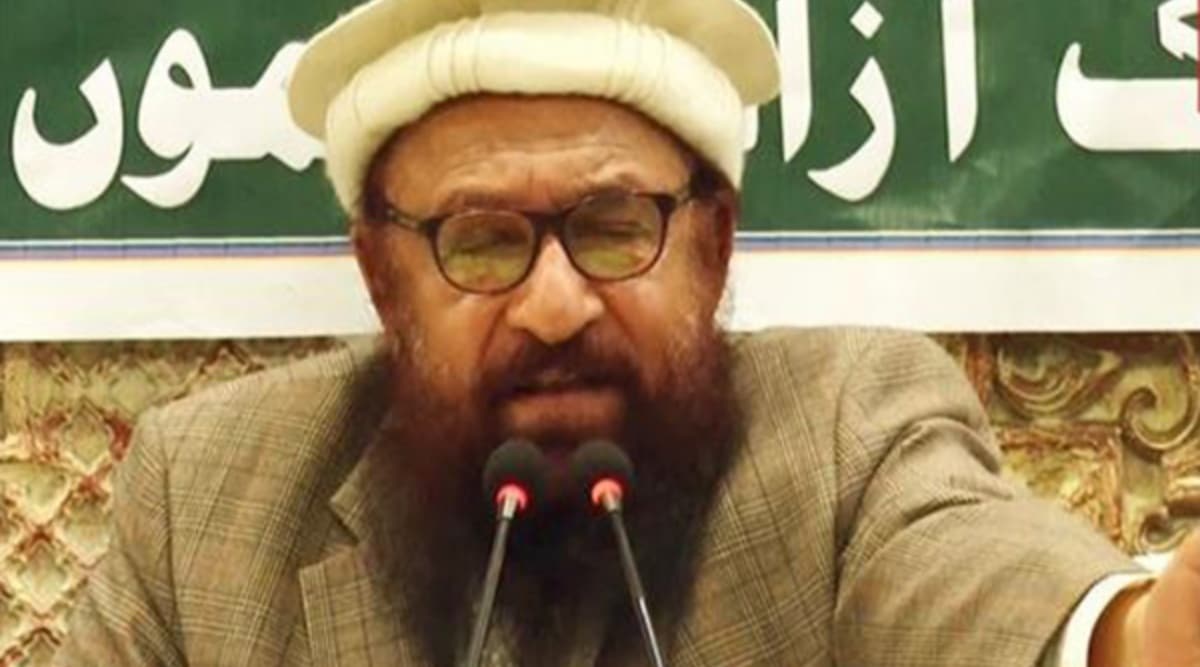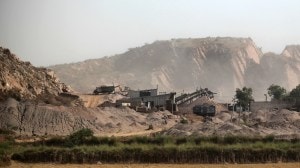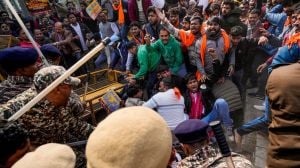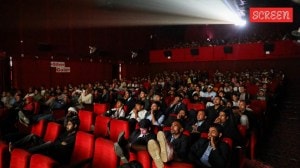Seven months after it blocked India’s bid to list Pakistan-based terror outfit Lashkar-e-Taiba’s deputy chief Abdul Rehman Makki as a “global terrorist”, China lifted the block and allowed the United Nations Security Council to designate him as a global terrorist for “raising funds, recruiting and radicalising youth to violence and planning attacks in India”.
Bahawalpur-born Makki, already a US-designated terrorist, is also the head of the political affairs wing of the Jama’at-ud-Dawah, a member of JuD’s markazi (central) team and daawati (proselytisation) team.

Brother-in-law of JuD and LeT chief Hafiz Muhammad Saeed, Makki has been the head of LeT’s foreign relations department and a member of its shura (governing body).
His listing by the UNSC is significant and is similar to the listing of Jaish-e-Mohammed chief Masood Azhar as a global terrorist in June 2019 when Beijing lifted its block.
New Delhi welcomed the UNSC decision and said “listings and sanctions by the UNSC are an effective tool to curb such threats and dismantle terror infrastructure in the region”.
Arindam Bagchi, spokesperson for the Ministry of External Affairs said, “We welcome the decision of the UN Security Council’s ISIL and Al-Qaeda Sanctions Committee to list Lashkar-e-Tayyiba (LeT) terrorist Abdul Rehman Makki, who is also the brother-in-law of LeT leader Hafiz Saeed. Makki has occupied various leadership roles in LeT, including raising funds for the organisation.”
“Threats from terrorist organisations in the region remain high and listings and sanctions by the UNSC are an effective tool to curb such threats and dismantle terror infrastructure in the region,” he said.
Story continues below this ad
“India remains committed to pursuing a zero-tolerance approach to terrorism and will continue to press the international community to take credible, verifiable and irreversible action against terrorism,” the MEA spokesperson said.
The UNSC’s 1267 ISIL (Da’esh) and Al Qaeda Sanctions Committee added 68-year-old Makki to its list of designated terrorists, subjecting him to an assets freeze, travel ban and arms embargo.
The sanctions committee provided a narrative summary of reasons for Makki’s listing in which it said he and other LeT/JuD operatives “have been involved in raising funds, recruiting and radicalising youth to violence and planning attacks in India, particularly in Jammu and Kashmir (J&K).”
In June last year, China put a last-minute hold on a joint proposal by India and the US to list Makki under the 1267 Al-Qaeda Sanctions Committee of the UNSC.
Story continues below this ad
The sanctions committee said Makki, “wanted by the Indian Government”, was listed as being associated with ISIL or Al-Qaeda for “participating in the financing, planning, facilitating, preparing, or perpetrating of acts or activities by, in conjunction with, under the name of, on behalf of, or in support of”, “recruiting for”, “otherwise supporting acts or activities of”, and “either owned or controlled, directly or indirectly, by, or otherwise supporting” Lashkar-e-Tayiba”.
Makki was arrested on May 15, 2019 by the Pakistan government and placed under house arrest in Lahore. In 2020, a Pakistani court convicted Makki of terrorism financing and sentenced him to prison, the sanctions committee said.
With Makki in leadership positions within LeT and JuD, the LeT, the sanctions committee said, had been responsible for or had involvement in prominent attacks including the Red Fort Attack in which six LeT terrorists had stormed Red Fort on December 22, 2000 and had opened indiscriminate fire on the security forces guarding the fort.
In the Rampur attack, five LeT terrorists had attacked a Central Reserve Police Force (CRPF) camp in Rampur on January 1, 2008 in which seven CRPF personnel and a rickshaw-puller were killed.
Story continues below this ad
Describing the 26/11 Mumbai terror attacks as the “most audacious attack by LeT in India”, the committee said 10 LeT terrorists from Pakistan entered via Arabian Sea in Mumbai with pre-decided targets out of which Amir Ajmal Kasab was caught alive, and the rest were killed.
In the February 12-13 attack in Karan Nagar, Srinagar, LeT fidayeen (suicide squad) stormed into the CRPF (23 Battalion) camp. A CRPF trooper was killed and a policeman injured.
In the Khanpora, Baramulla attack of May 30, 2018, three civilians were shot dead by LeT militants while in the Srinagar attack of June 14, 2018, senior journalist Shujaat Bukhari and his two Personal Security Officers (PSOs) were shot by LeT terrorists, the committee said.
In the Gurez/Bandipora attack of August 7, 2018, four Army personnel, including a Major, were killed as the Army foiled a major infiltration bid by heavily armed LeT militants along the Line of Control (LoC) in the Gurez sector, the sanctions committee said.
Story continues below this ad
Sources said that India had made the listing of Pak-based terrorists a top priority of its UNSC tenure during 2021-22. Five names were submitted by India for designation under 1267 during 2022 – Abdul Rehman Makki (LeT), Abdul Rauf Asghar (JeM), Sajid Mir (LeT), Shahid Mahmood (LeT), Talha Saeed (LeT).
Sources said that each of these five names were initially placed on technical hold by one member state while all other 14 members of the Council agreed to their listing.
“Makki’s case was submitted on 1 June 2022 by India with the US joining as a co-designating state. One member state placed a technical hold on 16 June 2022, and after the six month period, again renewed its hold in mid-December,” the source said.
Sources said that even though the successful listing comes just after India left the Council, this was a culmination of longstanding and persistent efforts made over the last several months, along with partner countries.

































